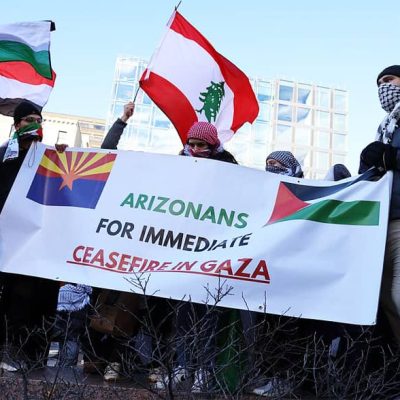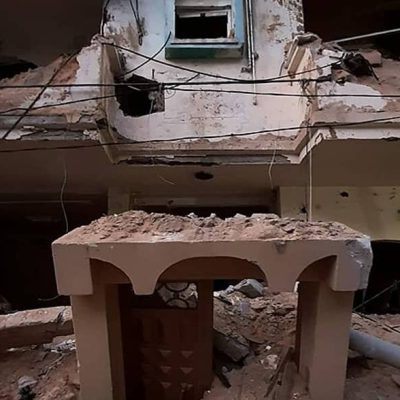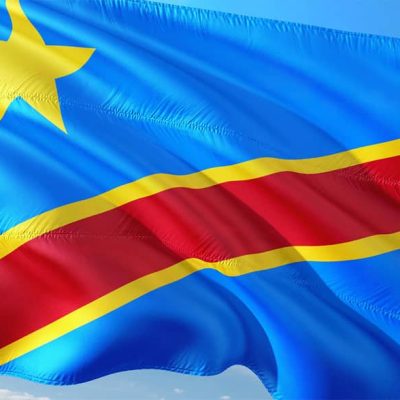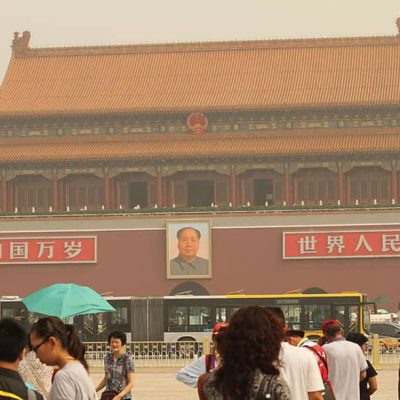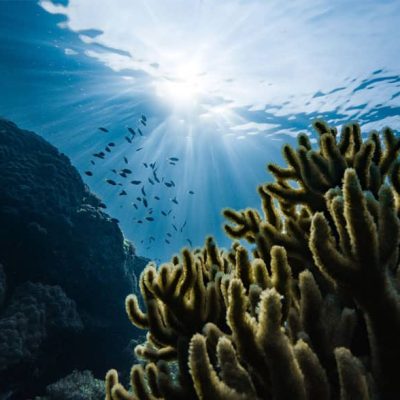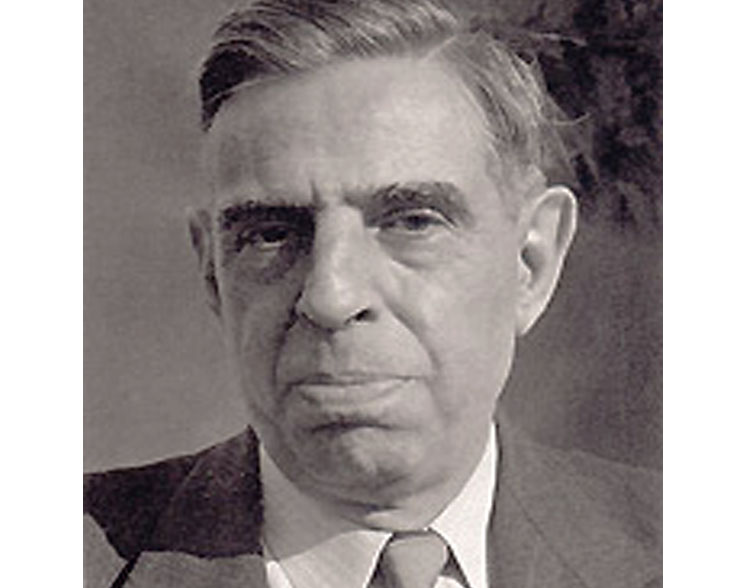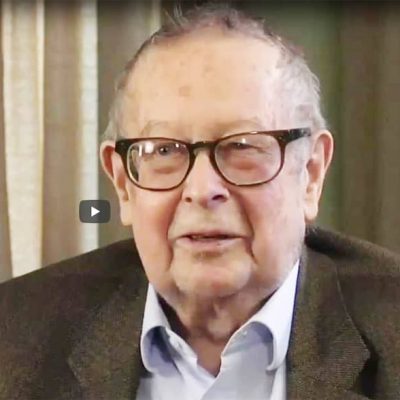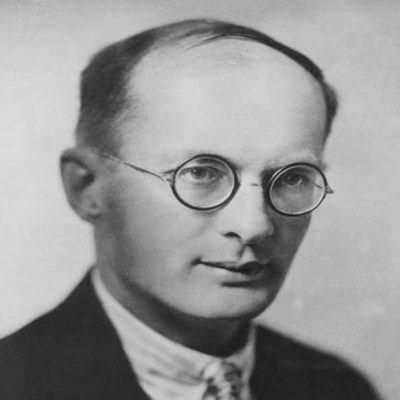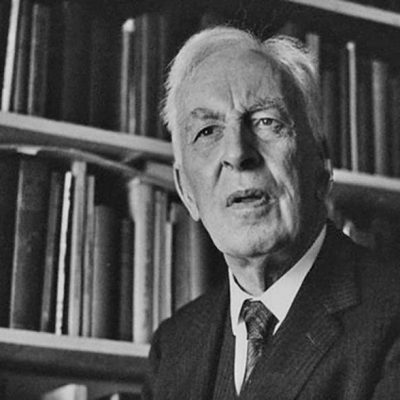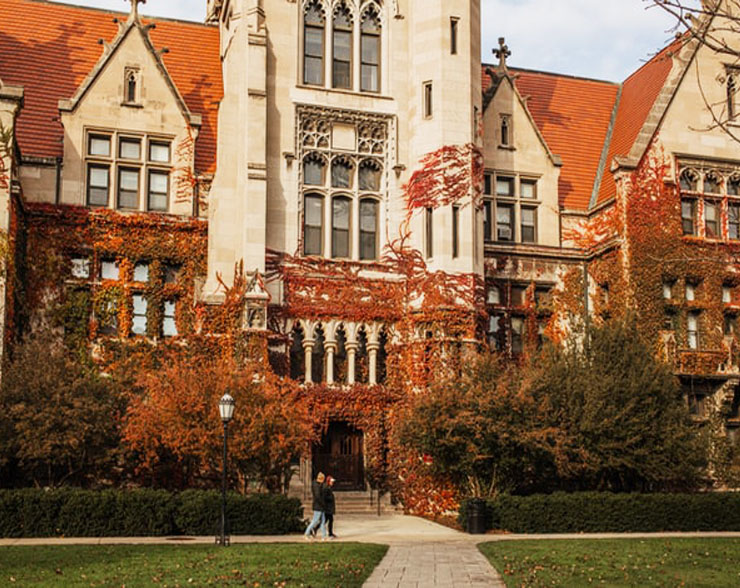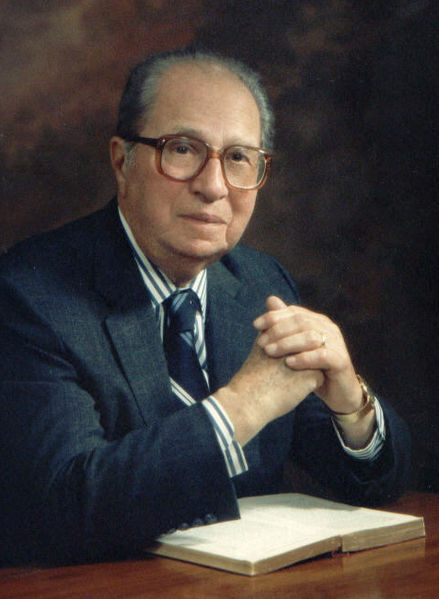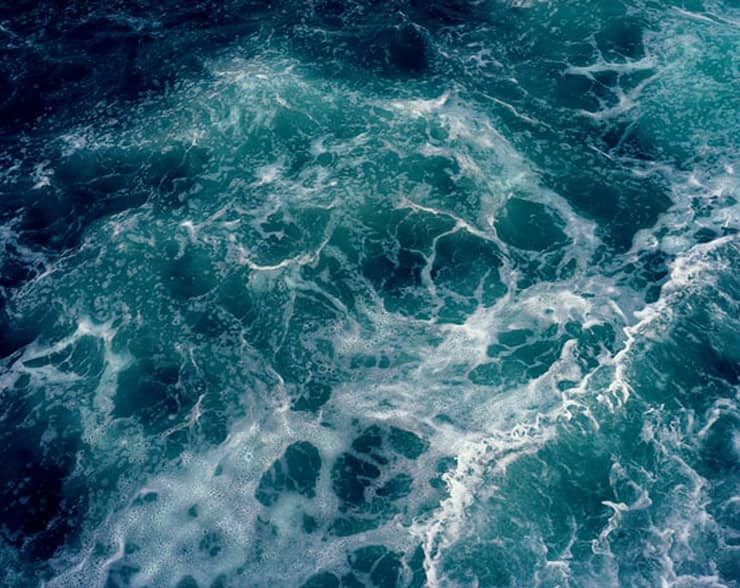 Appeals
Appeals
Our Common Oceans and Seas.
Featured Picture: Photo by Alice Mourou on Unsplash.
The people of the earth having agreed that the advancement of man in spiritual excellence and physical welfare is the common goal of mankind…therefore the age of nations must end, and the era of humanity begin.”
Preamble to the Preliminary Draft of a World Constitution.
The Association of World Citizens has long been concerned with the Law of the Sea; and had been active during the 10-year negotiations; on the law of the sea during the 1970s; the meetings being held one month a year; alternatively in New York and Geneva. The world citizens position for the law of the sea was largely based on a
Three-point framework:
a) That the oceans and seas were the common heritage of humanity; and should be seen as a living symbol of the unity of humanity.
b) That ocean management should be regulated by world law created; as in as democratic manner as possible.
c) That the wealth of the oceans; considered as the common heritage of mankind should contain mechanisms of global redistribution; especially for the development of the poorest; a step toward a more just economic order; on land as well as at sea.
The “Common Heritage”.
The concept of the oceans as the common heritage of humanity; had been introduced into the U.N. awareness; by a moving speech in the U.N. General Assembly by Arvid Pardo; Ambassador of Malta in November 1967.
Under traditional international sea law; the resources of the oceans; except those within a narrow territorial sea near the coast line were regarded as “no one’s property” or more positively as “common property.” The “no one’s property” opened the door to the exploitation of resources by the most powerful; and the most technologically advanced States.
The “common heritage” concept was put forward as a way of saying that “humanity” – at least as represented by the States in the U.N. – should have some say as to the way the resources of the oceans; and seas should be managed. Thus, began the 1970s Law of the Seas negotiations.
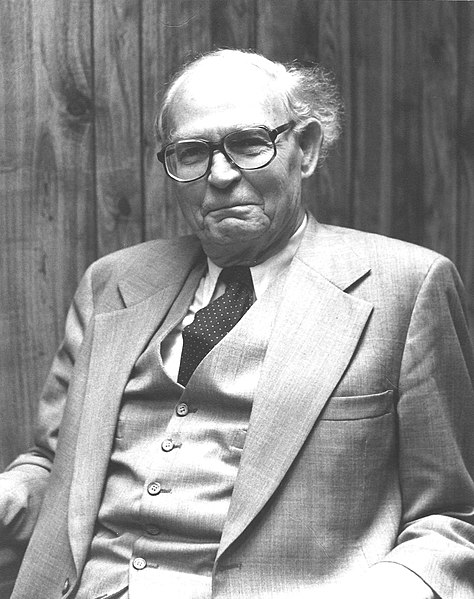
Elisabeth Mann Borgese.
Perhaps with or without the knowledge of Neptune; lord of the seas; the Maltese voted to change the political party in power; just as the sea negotiations began. Arvid Pardo was replaced as Ambassador to the U.N; by a man; who had neither the vision nor the diplomatic skills of Pardo. Thus; during the 10 years of negotiations the “common heritage” flame was carried by world citizens; in large part by Elisabeth Mann Borgese; with whom I worked closely during the Geneva sessions of the negotiations.
Elisabeth Mann Borgese (1918-2002) whose birth anniversary we mark on 24 April; was a strong-willed woman. She had to come out from under the shadow of both her father, Thomas Mann; the German writer and Nobel laureate for Literature; and her husband Giuseppe Antonio Borgese (1882-1952); Italian literary critic and political analyst.

Thomas Mann.
From 1938; Thomas Mann lived in Princeton, New Jersey and gave occasional lectures at Princeton University. Thomas Mann; whose novel The Magic Mountain was one of the monuments of world literature between the two World Wars; always felt that he represented the best of German culture against the uncultured mass of the Nazis. He took himself and his role very seriously; and his family existed basically to facilitate his thinking and writing.

Giuseppe Antonio Borgese.
Giuseppe Antonio Borgese had a regular professor’s post at the University of Chicago; but often lectured at other universities on the evils of Mussolini. Borgese; who had been a leading literary critic and university professor in Milan; left Italy for the United States in 1931; when Mussolini announced that an oath of allegiance to the Fascist State; would be required of all Italian professors.
For Borgese; with a vast culture including the classic Greeks, the Renaissance Italians, and the 19th century nationalist writers; Mussolini was an evil caricature; which too few Americans recognized as a destructive force in his own right; and not just as the fifth wheel of Hitler’s armed car.
The Age of Nations.
Giuseppe Antonio Borgese met Elisabeth Mann on a lecture tour at Princeton, and despite being close to Thomas Mann in age; the couple married very quickly shortly after their meeting. Elisabeth moved to the University of Chicago; and was soon caught up in Borgese’s efforts to help the transition from the Age of Nations to the Age of Humanity.
For Borgese; the world was in a watershed period. The Age of Nations − with its nationalism which could be a liberating force in the 19th century as with the unification of Italy − had come to a close with the First World War.
The war clearly showed that nationalism was from then on only the symbol of death. However, the Age of Humanity; which was the next step in human evolution; had not yet come into being; in part because too many people were still caught in the shadow play of the Age of Nations.
A World Constitution for The Atomic Age.
Since University of Chicago scientists had played an important role in the coming of the Atomic Age; Giuseppe Antonio Borgese and Richard McKeon; Dean of the University felt that the University should take a major role in drafting; a world constitution for the Atomic Age.
Thus; the Committee to Frame a World Constitution; an interdisciplinary committee under the leadership of Robert Hutchins; head of the University of Chicago, was created in 1946. To re-capture the hopes and fears of the 1946-1948; period when the World Constitutions was being written; it is useful to read the book written by one of the members of the drafting team: Rexford Tugwell. A Chronicle of Jeopardy (University of Chicago Press, 1955). The book is Rex Tugwell’s reflections on the years 1946-1954; written each year in August to mark the A-bombing of Hiroshima.
Elisabeth had become the secretary of the Committee and the editor of its journal Common Cause. The last issue of Common Cause was in June 1951. G.A. Borgese published a commentary on the Constitution; dealing especially with his ideas on the nature of justice. It was the last thing he wrote; and the book was published shortly after his death: G.A.Borgese. Foundations of the World Republic (University of Chicago Press, 1953).
In 1950; the Korean War started. Hope for a radical transformation of the UN faded. Borgese and his wife went to live in Florence; where weary and disappointed, he died in 1952.
A Constitution for the World.
The drafters of the World Constitution went on to other tasks. Robert Hutchins left the University of Chicago to head a “think tank”- Center for the Study of Democratic Institutions – taking some of the drafters; including Elisabeth, with him. She edited a booklet on the Preliminary Draft with a useful introduction A Constitution for the World (1965) However; much of the energy of the Center went into the protection of freedom of thought and expression in the USA; at the time under attack by the primitive anti-communism of then Senator Joe McCarthy.
In the mid-1950s; from world federalists and world citizens came various proposals for UN control of areas not under national control: UN control of the High Seas and the Waterways; especially after the 1956 Suez Canal conflict; and of Outer Space. A good overview of these proposals is contained in James A. Joyce. Revolution on East River (New York: Ablard-Schuman, 1956).
Law of the Sea.
After the 1967 proposal of Arvid Pardo; Elisabeth Mann Borgese turned her attention and energy to the law of the sea. As the UN Law of the Sea Conference continued through the 1970s; Elisabeth was active in seminars and conferences with the delegates, presenting ideas, showing that a strong treaty on the law of the sea would be a big step forward for humanity.
Many of the issues raised during the negotiations leading to the Convention; especially the concept of the Exclusive Economic Zone; actively battled by Elisabeth; but actively championed by Ambassador Alan Beesley of Canada; are with us today in the China seas tensions.
While the resulting Convention of the Law of the Sea has not revolutionized world politics – as some of us hoped in the early 1970s – the Convention is an important building block in the development of world law.
We are grateful for the values; and the energy that Elisabeth Mann Borgese embodied especialy at a time; when cooperative action through the United Nations is under attack by some narrow nationalist leaders. World Citizens are still pushing for the concept of the common heritage of humanity.
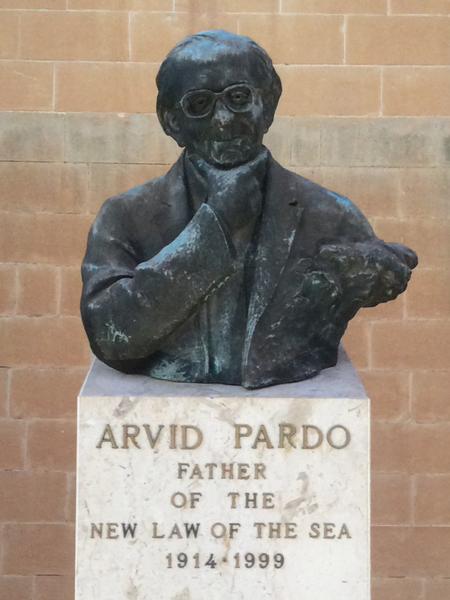
Rene Wadlow, President, Association of World Citizens.

President, Association of World Citizens (AWC).
Estudied International relations in The University of Chicago.
Estudied Special Program in European Civilization en Princeton University
Here are other publications that may be of interest to you.
Burma’s Crumbling Junta
February first marked the anniversary of the military coup which overthrew the government of Aung San Suu Kyi in 2021. She was in practice the leader of the government but…
Preventing the Expansion of the Gaza Conflict: Are Peace Brigades a Possibility?
Antony Blinken, the U.S. Secretary of State, has been again in the Middle East working to prevent the violence of the Gaza Strip of spreading to much of the area. …
World Citizens Call for an Inmediate End to Hostilities between Israel and Hamas, and for a Genuine Peacebuilding Effort in the Middle East.
Featured image: The impact of the Israeli bombing on a civilian building in Gaza (2021). By Osama Eid, CC BY-SA 3.0 https://creativecommons.org/licenses/by-sa/3.0, via Wikimedia Commons. The AWC, a Nongovernmental Organization…
World Humanitarian Day: A Need for Common Actions.
Featured Image: Photo by Wylly Suhendra on Unsplash. The United Nations General Assembly has designated 19 August as “World Humanitarian Day” to pay tribute to aid workers in humanitarian service…
Peace Planners: Awake!.
Featured Image: Photo by Eddie Kopp, Unsplash. The recent NATO Summit in Vilnius is an indication that the war planning community is busy at work in the spirit of Von…
Track Two Efforts Needed to Reduce China-India Frontier Tensions.
Featured Image: Arunachal Pradesh – India. Photo by Unexplored Northeast, Unsplash. There has been a constant buildup of military forces by the governments of both India and China along their common frontiers. …
Democratic Republic of Congo: Sky Getting Darker.
Photo by jorono, Pixabay. The armed conflict in the eastern area of the Democratic Republic of Congo (RDC) on the frontier with Rwanda seems to be growing worse and is…
World Refugee Day.
June 20 is the United Nations (UN)-designated World Refugee Day; marking the signing in 1951 of the Convention on Refugees. The condition of refugees and migrants has become a “hot”…
4 June: Memories of Tiananmen Square.
4 June makes the security forces in China somewhat uneasy, especially in Hong Kong where, in the past, there were large memorial meetings tp remind people of 4 June 1989…
International Day of the Oceans.
Featured Image: Photo by Marek Okon, Unsplash. Progress on Asian Maritime Delimitations Needed. 8 June has been designated by the United Nations General Assembly as the International Day of the Oceans to…

